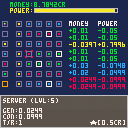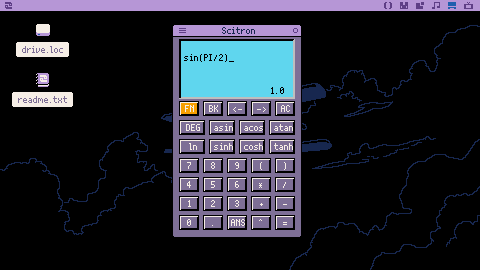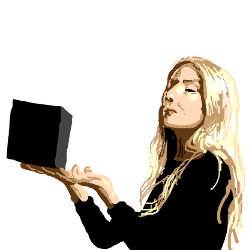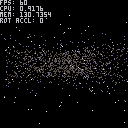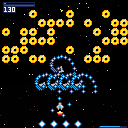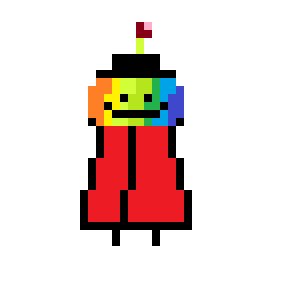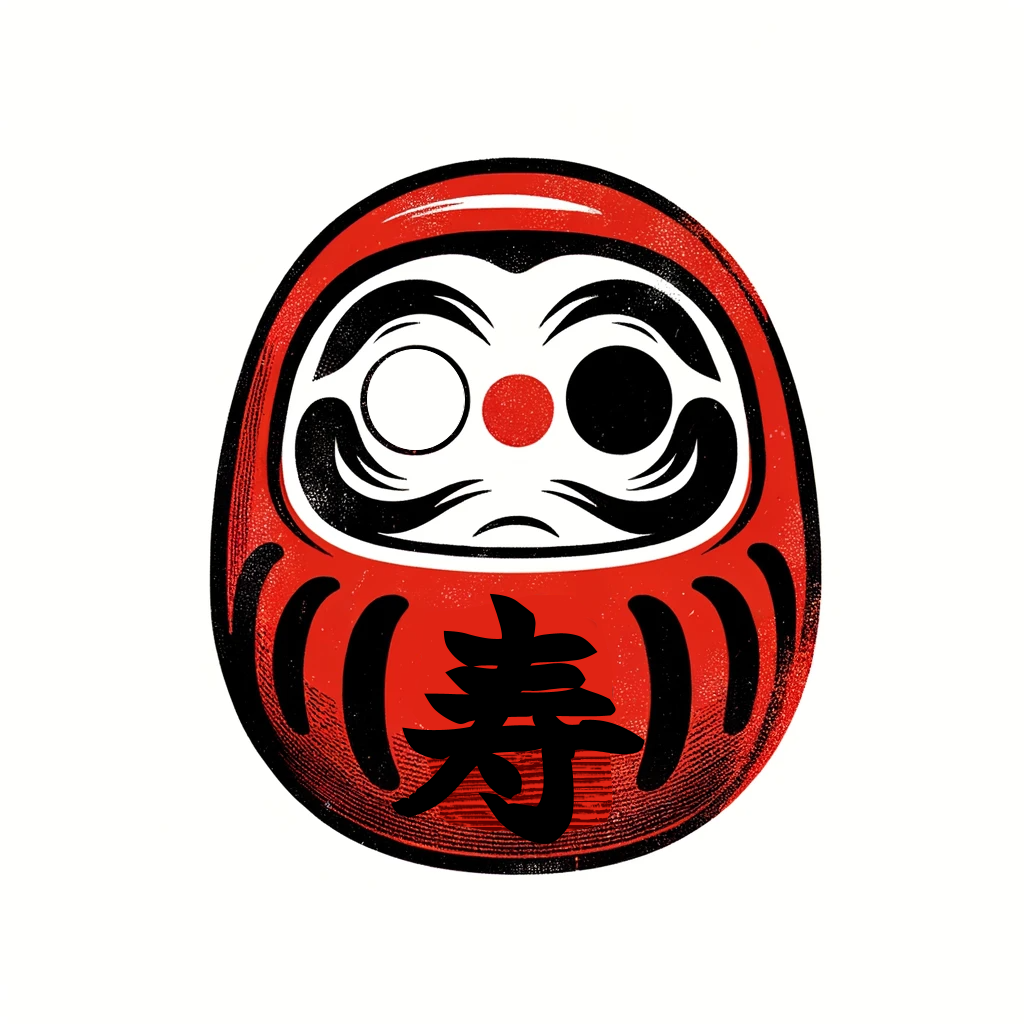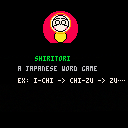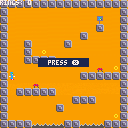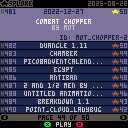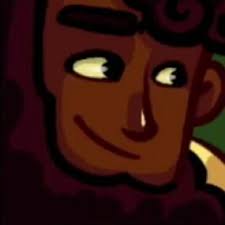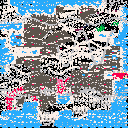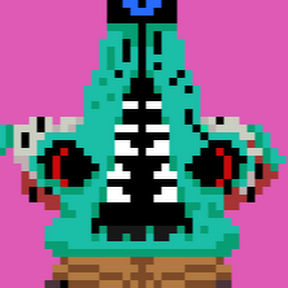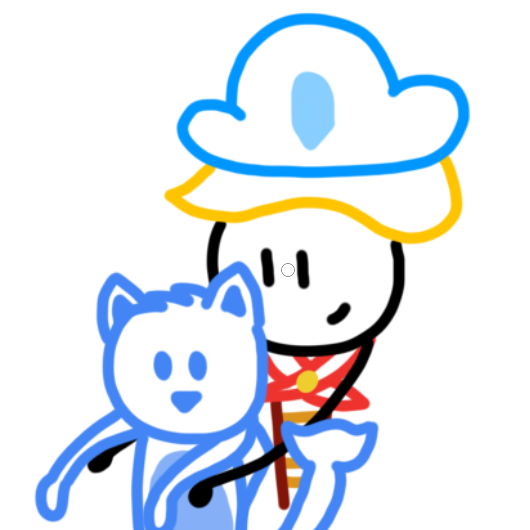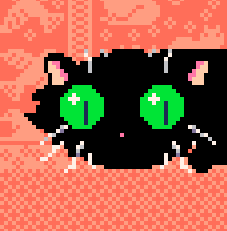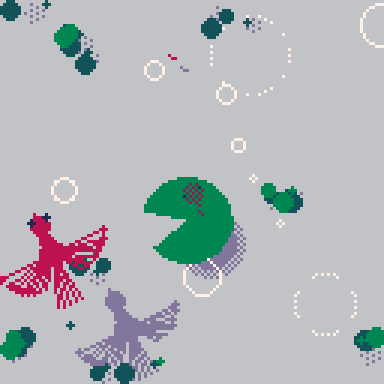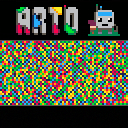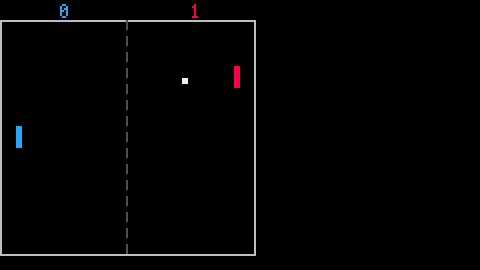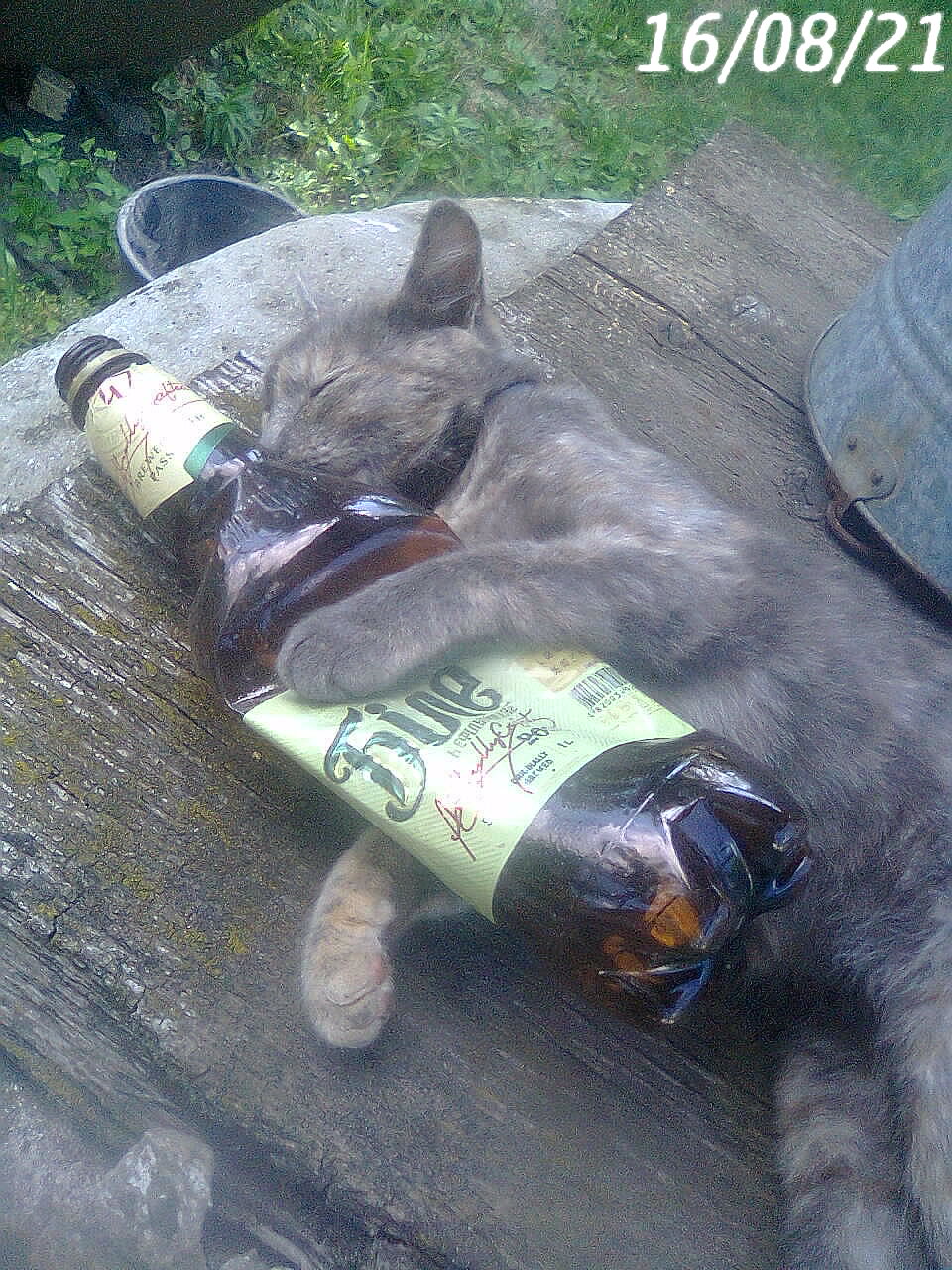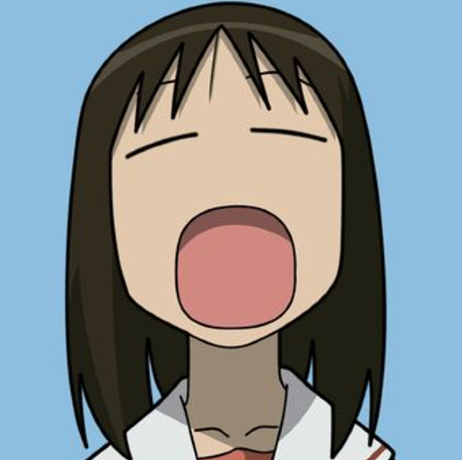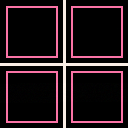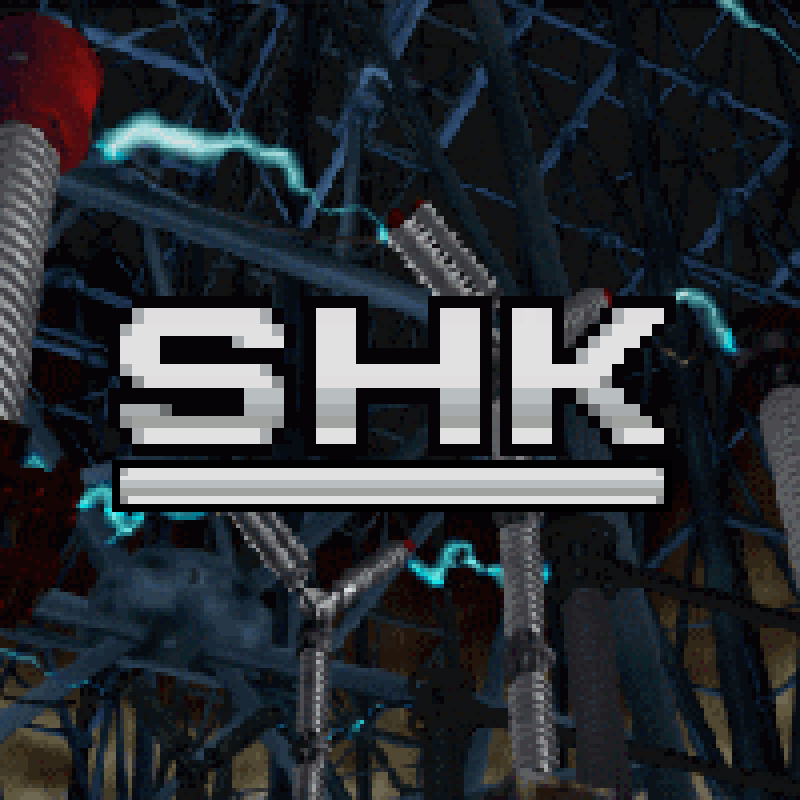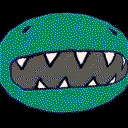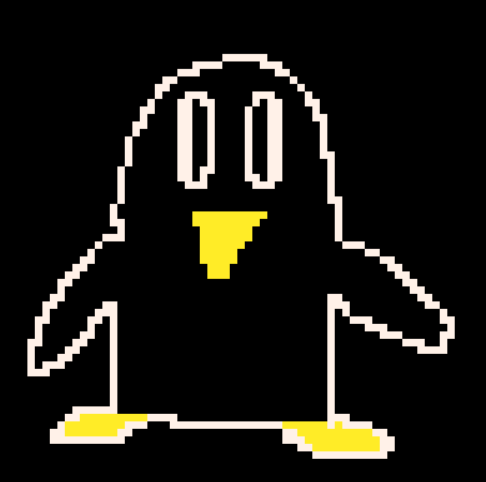Hey folks,
I'd like to be able to parse a language (or just interpret Lua!) inside a Picotron cart. I'm aware of why this would be considered risky!
My initial thought was to look at Lua's own loadstring(), but that's not in Picotron. load() is, which one thread claims is very similar, but I can't get it to do execution of a string, or find its documentation.
I looked at lulpeg (https://github.com/pygy/LuLPeg) which someone claims to have gotten running on picotron (https://arnaught.neocities.org/blog/2025/03/14/year-of-the-picotron-desktop) but I'm having trouble with module imports and am wondering if load() will actually do what I need anyway.
- Is there documentation for load() anywhere and will it let me do e.g.
s = "print(1+1)" load(s) |
- Is there another alternative to the above approaches that might let me either write a simple DSL or interpret Lua strings at runtime?
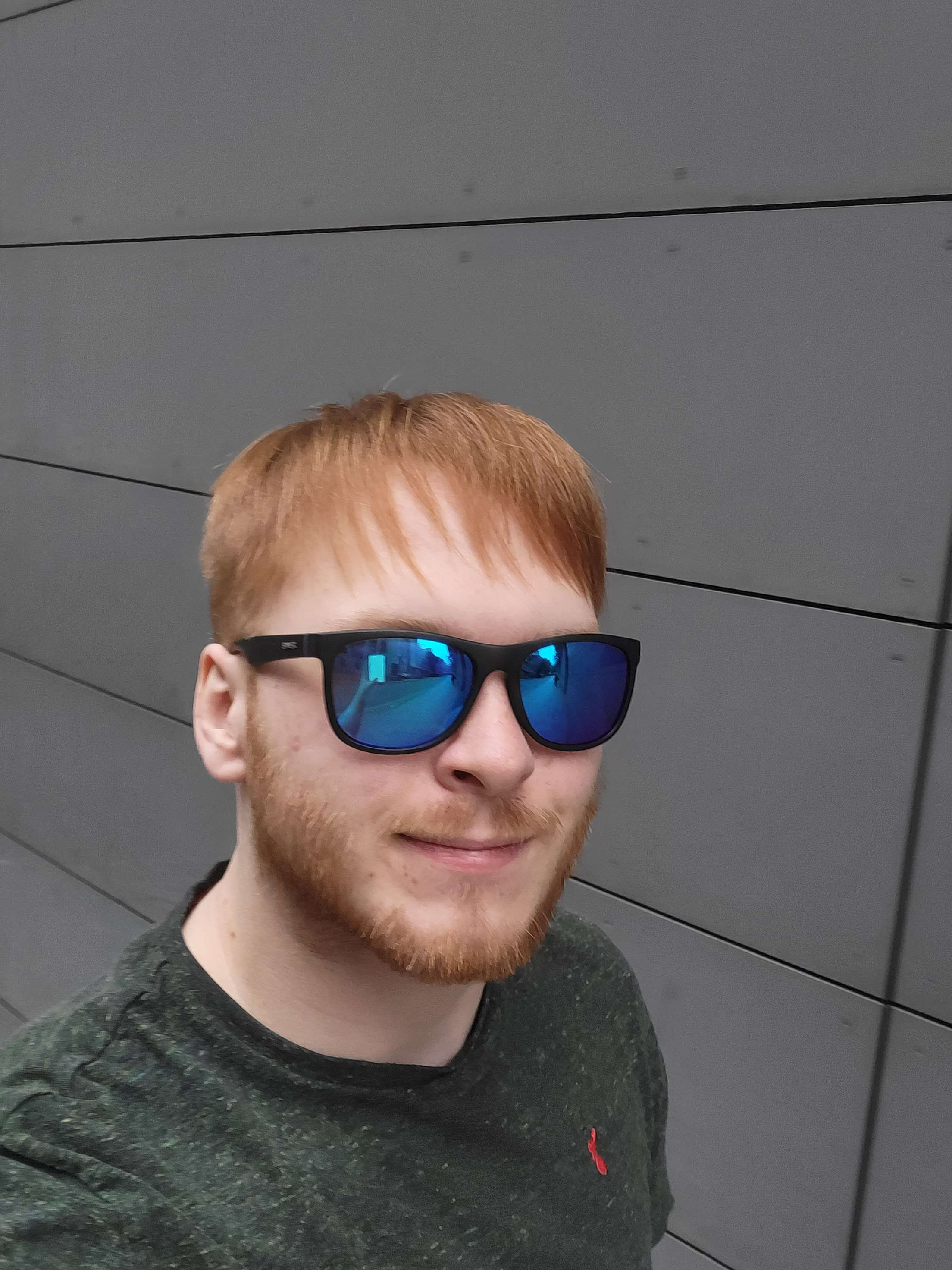
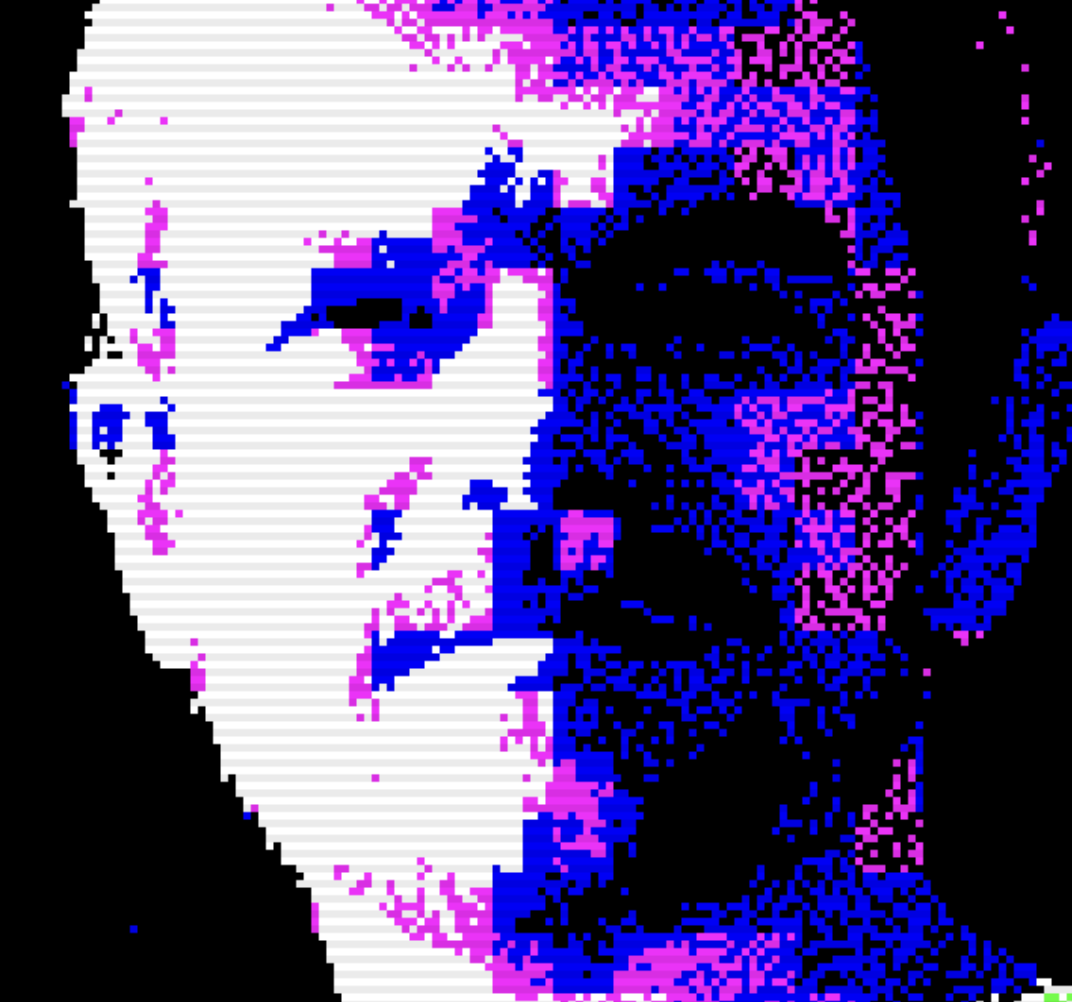


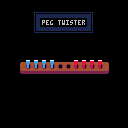
Also known as Insanity or Madness. Peg Twister is a simple board game where a single player moves red and blue pegs from opposite ends of the board to the other side, switching their positions. The player can only move forward one space at a time or jump over another peg.
Hello folks,
Just thought I'd share my current WIP.
The main reason behind this game for me was to work very minimally with sprites to understand how they work, this then developed into one of those "big number gets big" kind of games.
The idea of the game is to get 32767cr in the quickest time possible (game will tell you end time when you reach this number).
You must balance the amount of power you have while upgrading your modules to make them product larger sums of cr each tick.
Basic controls are:
up,down,left,right = move cursor
x = select/more options
o = go back
There is quite a bit of balancing to be had with each module but it works for now.
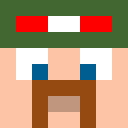
While releasing STAR SPLORE, my second cart, I realized that it's nice to change the default title of you carts and its threads.
Here's what happens when you search for "star_splore" in "New Carts", for example.
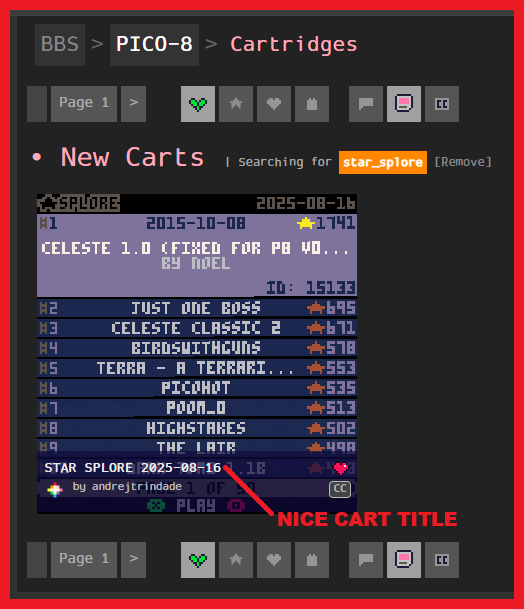
You get a nice cart title, "STAR SPLORE 2025-08-16". If you click on it, you go to STAR SPLORE's thread.

- The thread will have a nice title, "STAR SPLORE", which is independent of the cart's version.
- The cart will have the same nice title as before.
- Note that both titles are different from the cart's ID (star_splore).
I didn't pay attention to that when I released Tiny Tactics, my first cart.
You can see how it didn't look so nice.
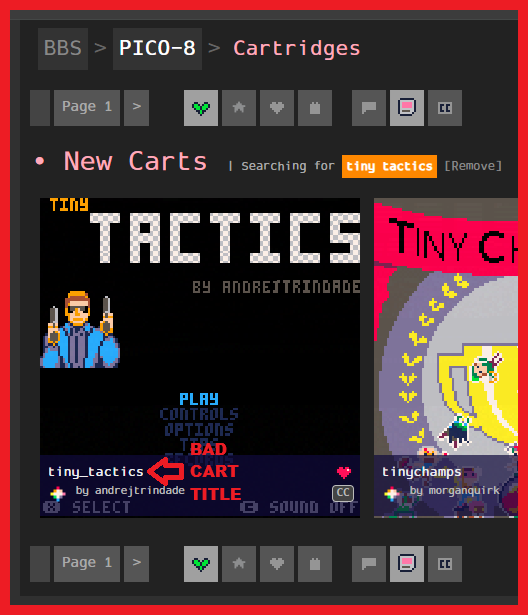

Maybe those titles weren't exactly BAD, but I could do better.
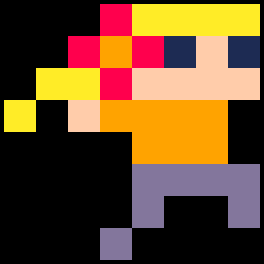
Thank you @zep for the new version features!
I was thrilled to test the new outlines on one-off chars, at first I've seen they worked on a single glyph... but then the disappointing realization the outlines are rendered per single char 😥 thus overlapping the previous glyph when they are contiguous like it's usually done for 8x8 one-off characters.
A visual example to render the idea.
If I have this string, in this example printing both one-offs and text,
?"ᶜ7⁶.ナスム◜ラクタフ⁶.⁷•7○sクタフ ♥\n⁶.◝◝ᶠロ>ュヲナ⁶.◝◝ヲwo?゜⁷ abc\n\n⁶w⁶ta⁵ehb⁵ehc",40,40 |
without outlines will appear like this:

Now If I apply the new outline control code ⁶o85a to draw a red + outline on cardinal points... the horror:

You see each single one-off char is overwriting its outline on neighbouring chars (specifically the one on the left or at the top) thus splitting the one-off graphics into a sort of grid.

Level 30
Hello. This is the game I made while learning programming. I learned it from the Lazy Devs YouTube channel. It was a tutorial on how to make a shmup in Pico-8. It took me a few months to get it, but I eventually managed to make this shmup my own original thing. So, this is a shmup with experience points. You can level up your weapons, shields, and options. I ended up using all 8,192 tokens. The GIFs below show the difference between level 1 and level 30. I hope somebody plays it and gives me some feedback on what they liked or disliked. Thank you.
Level 1 vs. Level 30
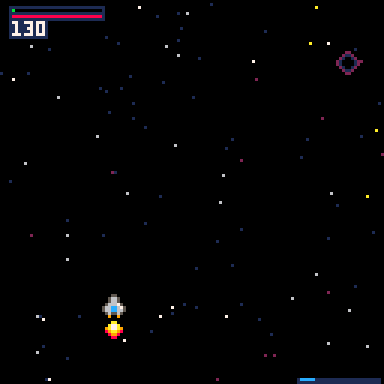
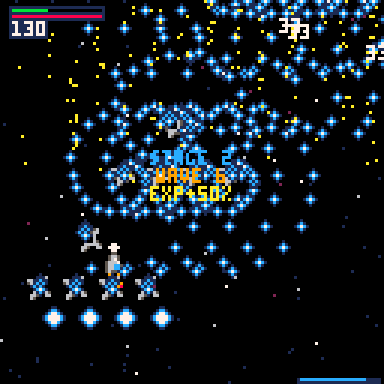


I was inspired by some of the other Japanese learning games I've seen the community make to give it a shot. Admittedly I bit off way more than I could chew with this.
So some background, shiritori is a word game in Japan where you have to come up with a word that starts with the same kana (like a letter) your opponent's last word ended with. The word you choose also can't end with an n sound.
You and your partner will go for as long as you can chaining words together until someone gets stumped and can't come up with another word.
The dictionary I made for this game is around 100, mostly, common Japanese words. And because I couldn't figure out a better input method that didn't create other issues, all the Japanese is written using the Roman alphabet (romaji).
Hi, everyone!
I was playing with Picotron text field and text editor recently and found some possible errors:
-
In
function GuiElement:attach_filed(gui.lua):
In line 239:local str = type(self.get == "function") and self:get() or "---"
I think this should belocal str = type(self.get) == "function" and self:get() or "---", or get will always be called - In
function attach_text_editor(gui_ed.lua):
In line 1250 there is a callcontent.key_callback(k)that causes errors for some keys.
Maybe this should becontent.key_callback[k](self, k)
Hope this was helpful!
It's like browsing "Featured Carts" in SPLORE... But they are ranked by STARs!
Controls
- ⬅️➡️: previous / next page
- ⬆️⬇️: previous / next cart
- ❎🅾️: run cart
After you are done with the cart, enter the pause menu and select the last option:
back to ★SPLORE
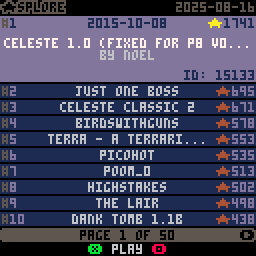
About
STAR SPLORE aims to help you discover some of the best PICO-8 carts ever made.
- That's why only featured carts are included.
- That's also why carts are ranked by stars, the BBS version of "likes".
As imperfect as these metrics may be, they are the ones we have.

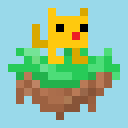

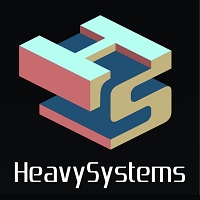
My first Pico-8 project i started a few days ago. I was originally planning on creating a Galaga-like game, or some space flying game but then ended up with this. No sound or music yet, haven't even looked at that. And yes graphics and gameplay is sloppy...

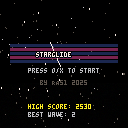
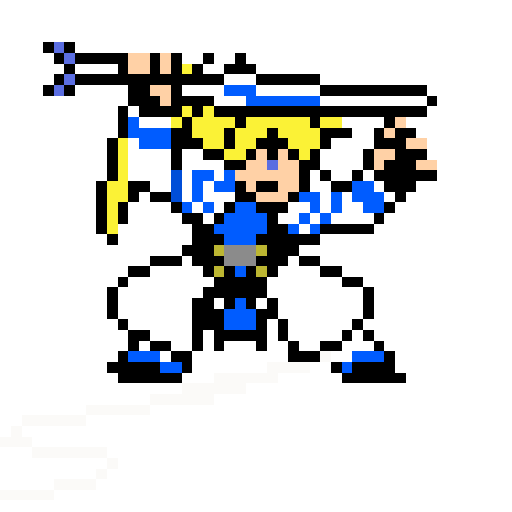
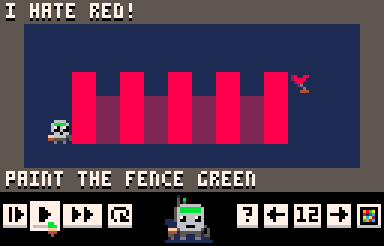
Description
Arto is a robot artist.

Program Arto to paint, feel and move to reach the flag:

There are eight paint colors, feelings, and movements:

Arto makes decisions depending on two variables:
1) Arto's current feelings,

2) and the current floor color.

Arto's brain is an 8 x 8 matrix you edit with the mouse:


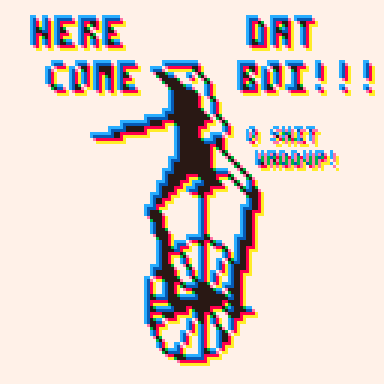






 4 comments
4 comments
